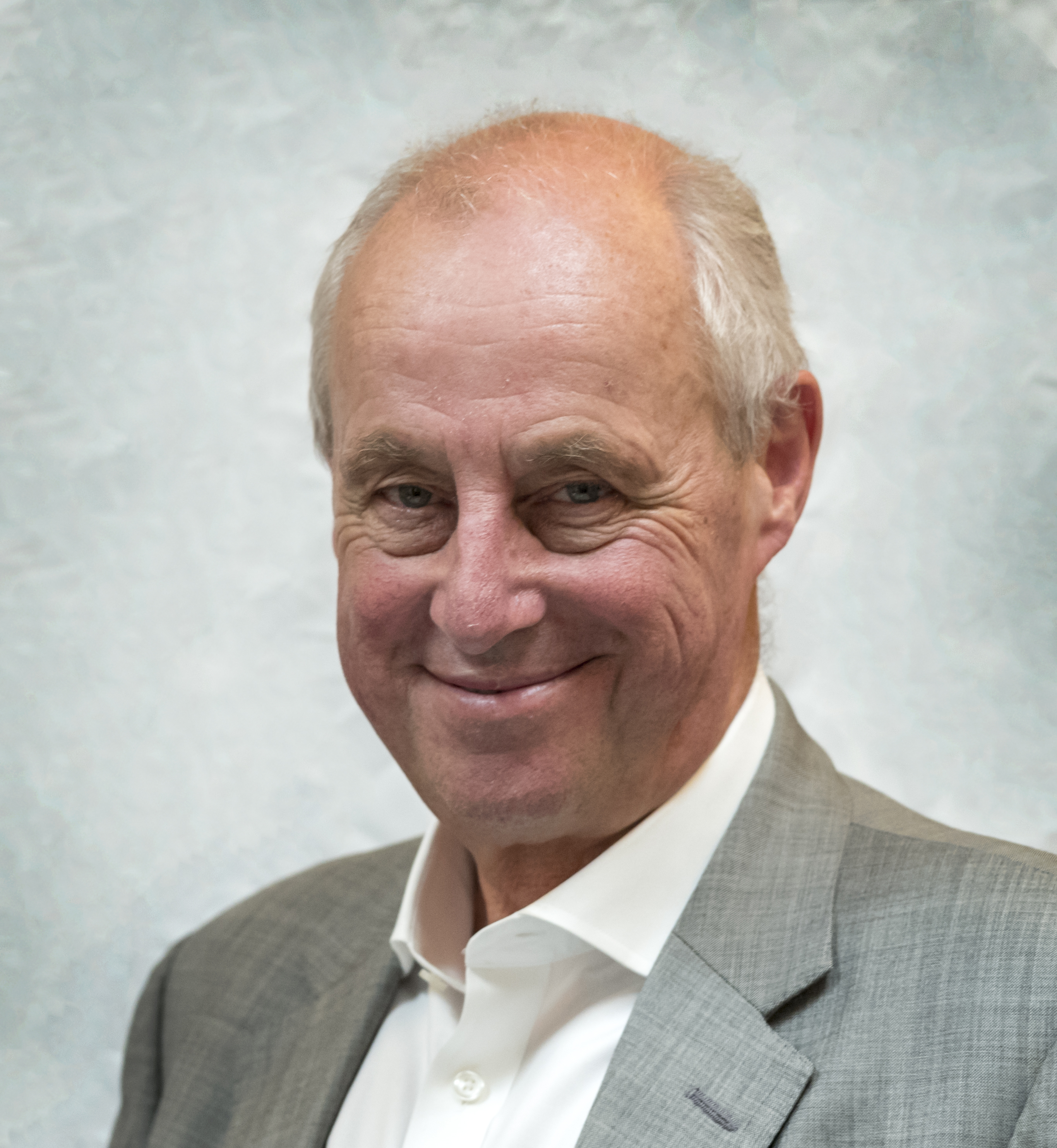The world outlook at the start of 2024 is more than usually uncertain. Wars continue in Ukraine and the Middle East causing terrible suffering for millions of innocent people. Dictators in China and Russia are strengthening their grip on power. Elections whose outcomes are not just unpredictable but potentially dangerous are due to take place in the USA, EU and UK in the next twelve months.
Last November COP28’s weak conclusion fell woefully short of agreement on the action needed to ensure that greenhouse gas emissions fall fast enough to keep the rise in global average surface temperature to under 2C. Although 2023 is set to be the hottest year on record and the frequency of extreme weather events is increasing the world's response to the existential threat posed to the human species by irreversible climate change remains obstinately and irrationally slow.
Fossil fuel consumption continues almost unchecked, though demand for oil may now be close to its peak as the unstoppable electric vehicle revolution gathers pace. One rare bright spot is the much higher investment in renewables which hit a new six month record of $358 billion in the first half of 2023.
This was driven mainly by the rapid expansion of solar power in China. NNWI has always strongly supported renewable energy, seeing it as complementary to nuclear, and we therefore warmly welcome this increase in solar capacity. According to Bloomberg, however, even this rate of growth is only just over half what is needed every year from now through until 2030 to keep the world on track to reach net zero by 2050.
The unreservedly good news is that prospects for nuclear energy are now better than at any previous time during this century. Governments around the world are belatedly recognising the merits of a reliable and almost zero carbon supply of baseload electricity which is not subject to sudden unexpected price spikes and which runs on fuel that is readily available from a politically and geographically diverse range of suppliers.
This background is encouraging for NNWI which celebrates its tenth anniversary later this year. At the end of 2022 our horizons expanded when we established our first overseas branch in Kazakhstan. We believe that Central Asia's abundance of uranium makes it ripe for nuclear expansion. We followed this up with signing a Memorandum of Understanding with the Nuclear Industry Association of Turkey last summer.
Our latest research report on the future of SMRs is a comprehensive assessment of the market. It provides a sober analysis of the likely progress and costs of SMR deployment and identifies the likely first movers. It also contains advice for governments on how to get the best value for money from the financial support they are giving to various competing designs.
However, while the impact of SMRs is potentially considerable, not least in regions and communities which have not previously had access to nuclear power, it will not be felt on a large scale much before 2040. For nuclear to play a full and timely role in the global response to climate change large new reactors must also be built.
Some challenges, notably the cost of capital and the importance of timely regulatory approvals, are common to developers of large and small reactors alike. The key to both these issues lies within the power of national governments if they are minded to use it wisely.
Now that a number of countries are either considering investment in nuclear energy capacity for the first time or returning to it after a long interval the management of public opinion is important. To get the message about the benefits of nuclear energy across to the widest possible audience we need the media itself to be well informed. NNWI finds in every country where we work the more people know about nuclear energy the more likely they are to want it.
Building on the success of a pioneer project held in London in 2019, NNWI last month ran a workshop in Mersin in southeast Turkey, for over twenty top journalists from countries across the Middle East and Central Asia.
This involved lively discussion of issues such as clean energy technologies and their impact on economic growth, and the technical aspects of low carbon energy systems. The workshop delved into energy geopolitics and analysed risk sources from different angles. Participants also made site visits to various energy installations.
Time is now of the essence if nuclear is to exploit the opportunity which has presented itself. Multilateral partnerships might speed up project delivery. Governments could accelerate the construction of new reactors if approval by a trusted and rigorous regulator in one jurisdiction enabled faster permitting in another.
This time next year I hope to be able to report progress by the nuclear energy industry in many of these areas.



-optimized.jpg)




